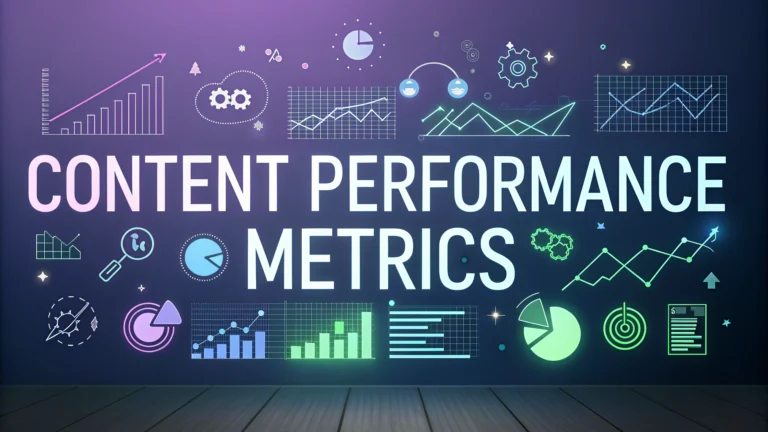Every dollar spent on content marketing needs to work harder than ever. Most businesses waste 40% of their marketing budget because they can’t accurately track their content performance. This quick guide will transform how you measure and maximize your content marketing return on investment.
Understanding Content Marketing ROI Fundamentals
Content marketing ROI isn’t just about numbers—it’s about understanding the strategic impact of your content. Smart marketers know that measuring performance goes beyond superficial metrics.
The most successful brands track multiple dimensions of content effectiveness, connecting each piece of content to specific business goals. This approach helps create a measurable, data-driven content strategy.
Key ROI Measurement Components
- Engagement metrics
- Conversion rates
- Revenue attribution
- Cost per acquisition
Setting Clear Content Marketing Goals
Defining precise, measurable objectives is the foundation of ROI tracking. Without clear goals, measuring success becomes impossible.
Effective content marketing goals should align with broader business objectives, such as lead generation, brand awareness, or direct sales.
Goal-Setting Framework
| Goal Type | Measurement Approach |
|---|---|
| Brand Awareness | Social shares, impressions, reach |
| Lead Generation | Conversion rates, lead quality |
Essential Tracking Tools and Technologies
Modern content marketers have an arsenal of powerful analytics tools at their disposal. Selecting the right technology stack can dramatically improve ROI measurement precision.
Google Analytics, SEMrush, and HubSpot provide comprehensive insights into content performance across multiple channels.
Recommended Analytics Platforms
- Google Analytics
- Google Search Console
- Mixpanel
- Kissmetrics
Calculating Content Marketing ROI
Precise ROI calculation requires understanding the relationship between content investment and generated revenue. This goes beyond simple vanity metrics.
The basic ROI formula looks like: (Revenue Generated – Content Cost) / Content Cost x 100. This provides a percentage that represents your content marketing performance.
ROI Calculation Example
Total Content Investment: $5,000 Revenue Generated: $25,000 ROI = (25,000 - 5,000) / 5,000 x 100 = 400% ROI

